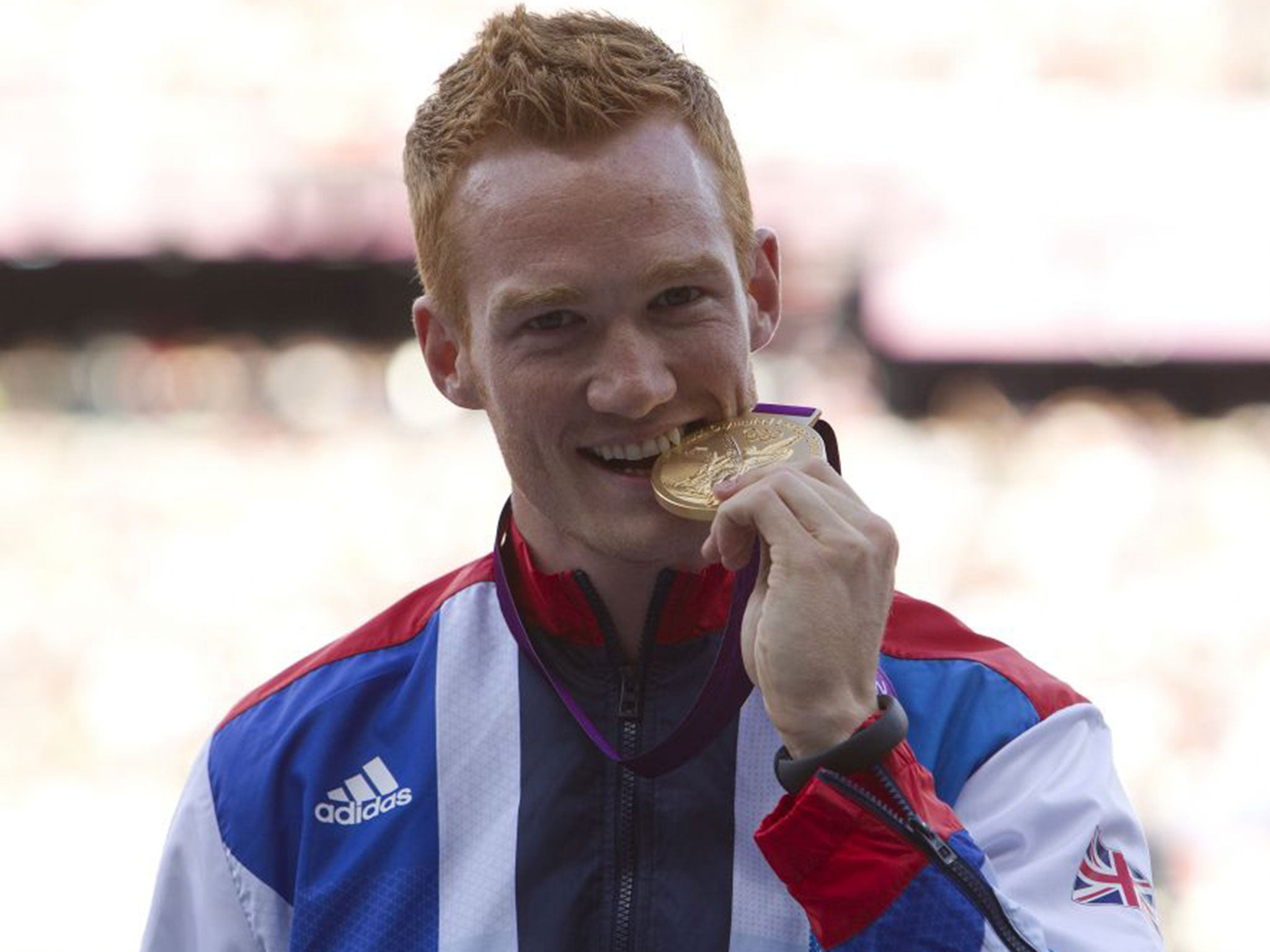Rory McIlroy withdraws from Rio 2016 Olympics because Zika virus threat is a 'risk I'm unwilling to take'
McIlroy is the first major name to pull out of the Olympics because of the Zika virus

Your support helps us to tell the story
From reproductive rights to climate change to Big Tech, The Independent is on the ground when the story is developing. Whether it's investigating the financials of Elon Musk's pro-Trump PAC or producing our latest documentary, 'The A Word', which shines a light on the American women fighting for reproductive rights, we know how important it is to parse out the facts from the messaging.
At such a critical moment in US history, we need reporters on the ground. Your donation allows us to keep sending journalists to speak to both sides of the story.
The Independent is trusted by Americans across the entire political spectrum. And unlike many other quality news outlets, we choose not to lock Americans out of our reporting and analysis with paywalls. We believe quality journalism should be available to everyone, paid for by those who can afford it.
Your support makes all the difference.Rory McIlroy has announced that he will not compete at the Rio Olympics later this summer because of the threat posed by the Zika virus, with the four-time major winner claiming it is “a risk I am unwilling to take”.
27-year-old McIlroy is the first major name to pull out of the Summer Olympic Games, with fellow golfers Vijay Singh and Marc Leishman also confirming their intention not to travel to Brazil for the start of the tournament in August where golf will make its Olympic return after a 112-year absence.
In a statement released on Wednesday morning, McIlroy announced that he will not participate at the Olympics due to the Zika virus, and stated that the health of both himself and his family “comes before everything else.”
"Even though the risk of infection from the Zika virus is considered low, it is a risk nonetheless and a risk I am unwilling to take," he added.
McIlroy had already announced his intention to represent Ireland rather than Great Britain, and claimed earlier this month that his fears over the threat posed by the Zika virus had eased.
Zika virus is a disease that has been borne from mosquitos and has been linked to brain defects among new-born babies, with Brazil one of the hardest hit countries.
The International Golf Federation [IGF] confirmed their disappointment that McIlroy, one of the biggest names scheduled to be at the Olympics, will no longer participate in Rio, but accepted that he had a difficult decision to make.
“The IGF is disappointed with Rory’s decision but recognises that some players will have to weigh personally a unique set of circumstances as they contemplate their participation in golf's historic return to the Olympic Games in Rio de Janeiro, with the Zika virus foremost among them,” an IGF statement read.
“It is unfortunate that the Zika virus has led to Rory's decision to withdraw from the Olympic Games, knowing how much he was looking forward to taking part. As we have stated before, the Olympics is the world's greatest celebration of sport and we remain excited about golf's return after a 112-year absence. It will truly be a special occasion for our sport and we are confident that the 60 men and 60 women who will represent their respective countries will find it an experience they will cherish forever.”
Earlier this month, London 2012 long jump gold medallist Greg Rutherford had his sperm frozen due to his own fears about the Zika virus, with his partner Susie Verrill confirming that they were taking every precaution against the disease.
"The Zika news has caused no end of concern," wrote Verrill. "We've made the decision to have Greg's sperm frozen. It's just another thing we don't want to chance."

Verrill also confirmed that neither herself nor her and Rutherford’s son, Milo, will travel to Rio for the games, adding: "We're not ones to worry unnecessarily, but after more than 100 medical experts stressed the Games should be moved to prevent the disease from spreading, this was a huge factor in us choosing to stay put.
"We'd love to have more children and, with research in its infancy, I wouldn't want to put myself in a situation which could have been prevented."
Join our commenting forum
Join thought-provoking conversations, follow other Independent readers and see their replies
Comments